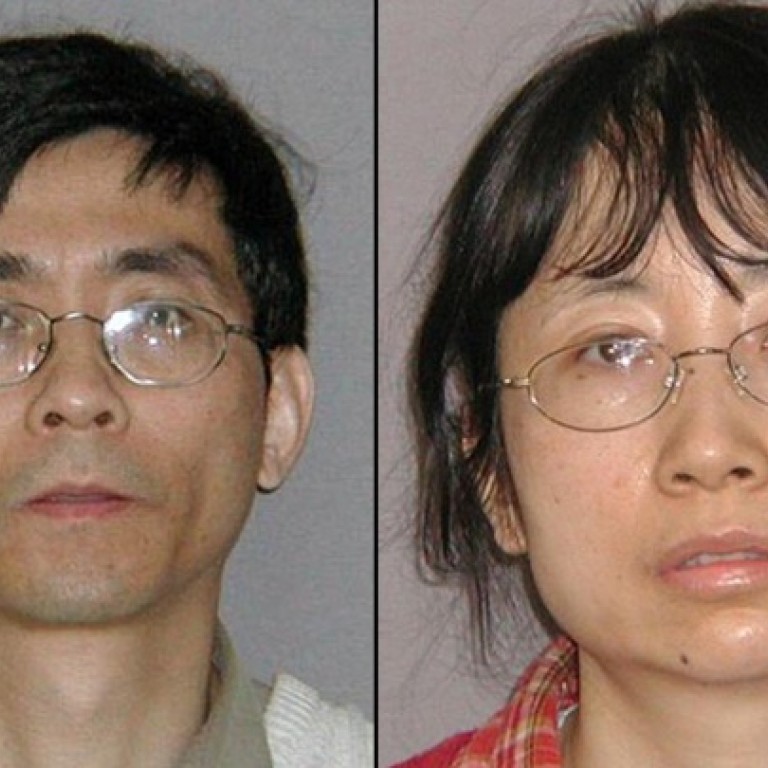
Light jail terms for GM pair over theft of hybrid technology
Light prison terms for ex-staffer and husband who tried to sell trade secrets to Chinese rival
A former General Motors engineer convicted of stealing thousands of pages of hybrid technology was sentenced to just a year and a day in jail, far below the punishment sought by the government in a case that involved her husband and an alleged scheme to take the trade secrets to China.
Shanshan Du's right arm and right leg shook as she tearfully expressed remorse. United States District Judge Marianne Battani said economic espionage was a serious crime, but she also noted Du's health problems and the seven years from FBI raid to trial and sentence.
"I don't think the public needs to be protected from you, but it needs to be protected from others like you," the judge told Du.
Federal guidelines called for a minimum sentence of 61/2 years for Du and husband Yu Qin, but those guidelines are not mandatory. Qin, also an engineer, was sentenced to three years in jail. They will remain free until late summer.
"This is all my fault, and I want to take full responsibility. I'm sorry this all happened ... I'm ashamed," Qin told the judge.
Du, 54, was convicted last fall of conspiracy and possessing trade secrets without approval. Qin, 52, was found guilty of the same crimes, along with fraud and obstruction of justice.
The government accused Du of seeking a transfer within GM to get access to hybrid technology and said she began copying documents by the end of 2003. She copied thousands of records in 2005, five days after getting a severance offer from the carmaker.
By that summer, Qin was telling people he had a deal to provide hybrid technology to a GM rival in China and had set up his own firm, Millennium Technology International, the government said.
The information, however, did not make it overseas.
"Sorry. Again, I made wrong decisions. That caused me this suffering," Du said in court.
Du's health problems in the last few years have included cancer, shingles, depression and anxiety. She told a mental health expert that the FBI search at her suburban Detroit home in 2006 had rekindled awful memories of oppression by Beijing during her childhood.
Assistant US Attorney Cathleen Corken asked for at least 6 1/2 years in jail for the pair. She told the judge that Du did not deserve a "slap on the wrist" for her "vital" and "central" role in stealing GM documents. Corken also tried to counter pleas for sympathy by defence lawyers.
"This is not outdated technology," she said. "GM continues to use this technology in hybrid vehicles."
A 366-day sentence allows Du to shave months off for good behaviour, meaning her actual time in jail could be only nine or 10 months.
In a letter to Battani last week, GM wanted the maximum punishment, eight years under the guidelines. US Attorney Barbara McQuade did not specifically comment on whether the sentences were too light.
"We will continue to advocate for sentences necessary to deter the theft of trade secrets because of the very significant harm the crime has on our auto industry," she said.
